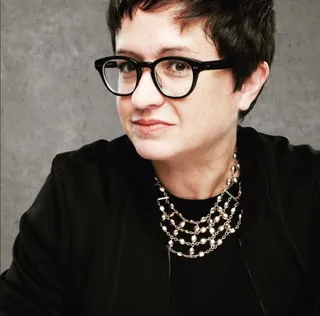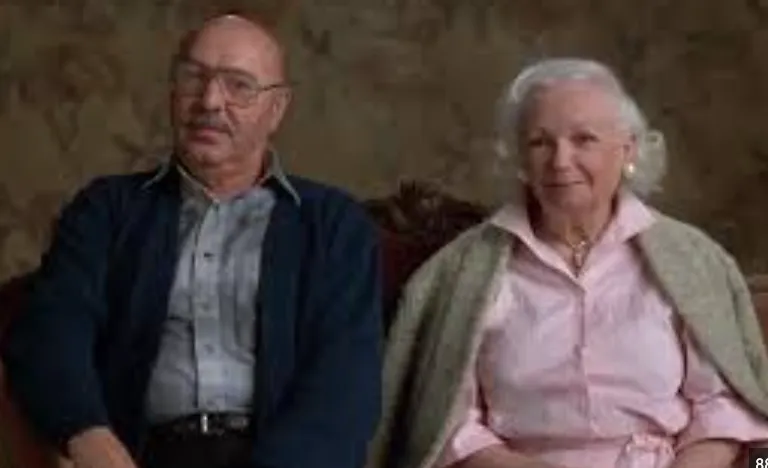Monkey Business
“Change happens by listening and then starting a dialogue with the people who are doing something you don't believe is right. ” -- Dr. Jane Goodall
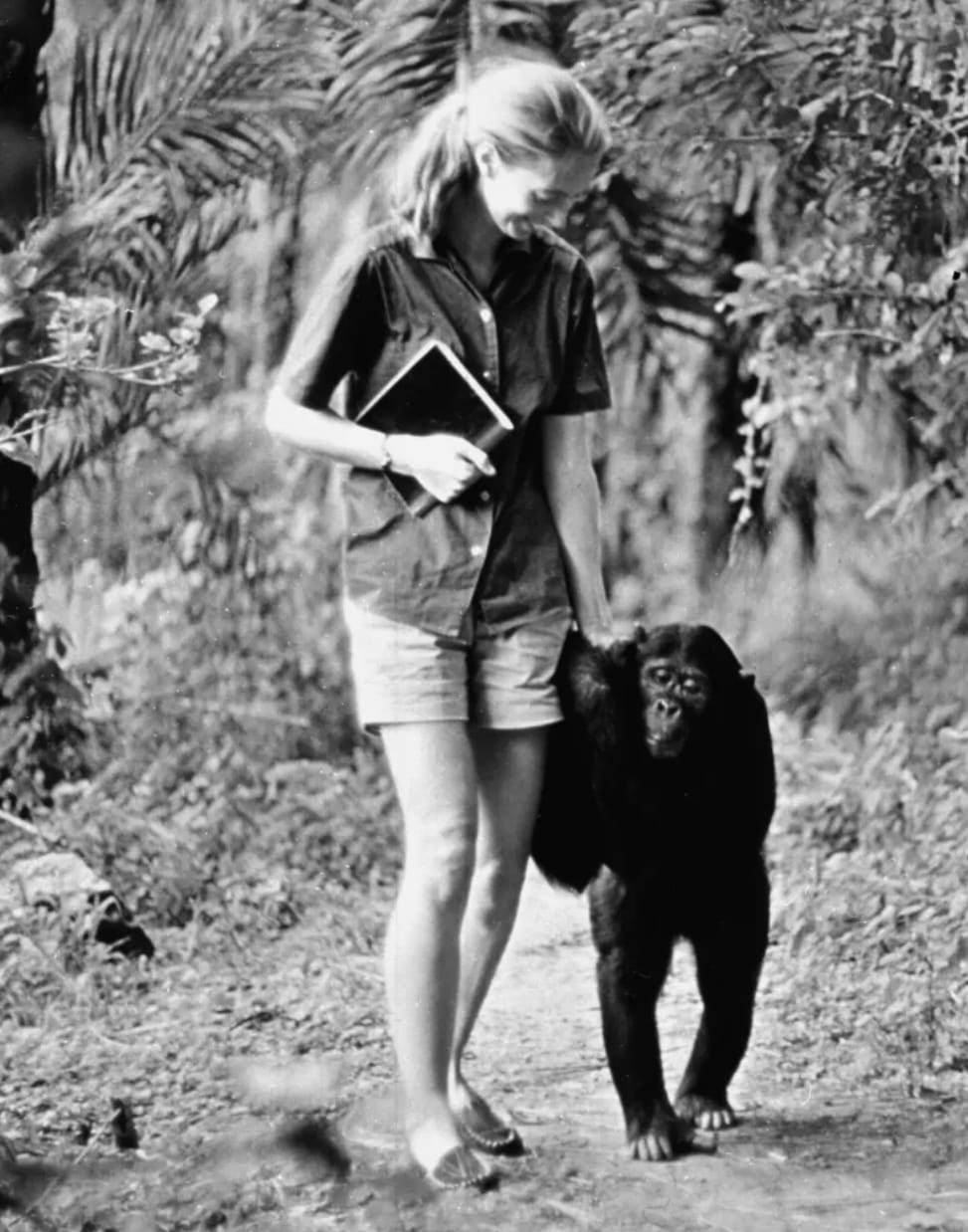
Remembering Dr. Jane Goodall, a timely lesson from chimpanzees, and taking the fight to an AI company.
Hi readers,
How are you doing this week? What's new?
To be honest, I'm a little bummed about the recent passing of Dr. Jane Goodall, the famed primatologist whose legacy is simply not up for debate. I was able to hear her speak last year in Atlanta, and I am so glad I have that evening stored away in my big bank of memories. It was so very special.
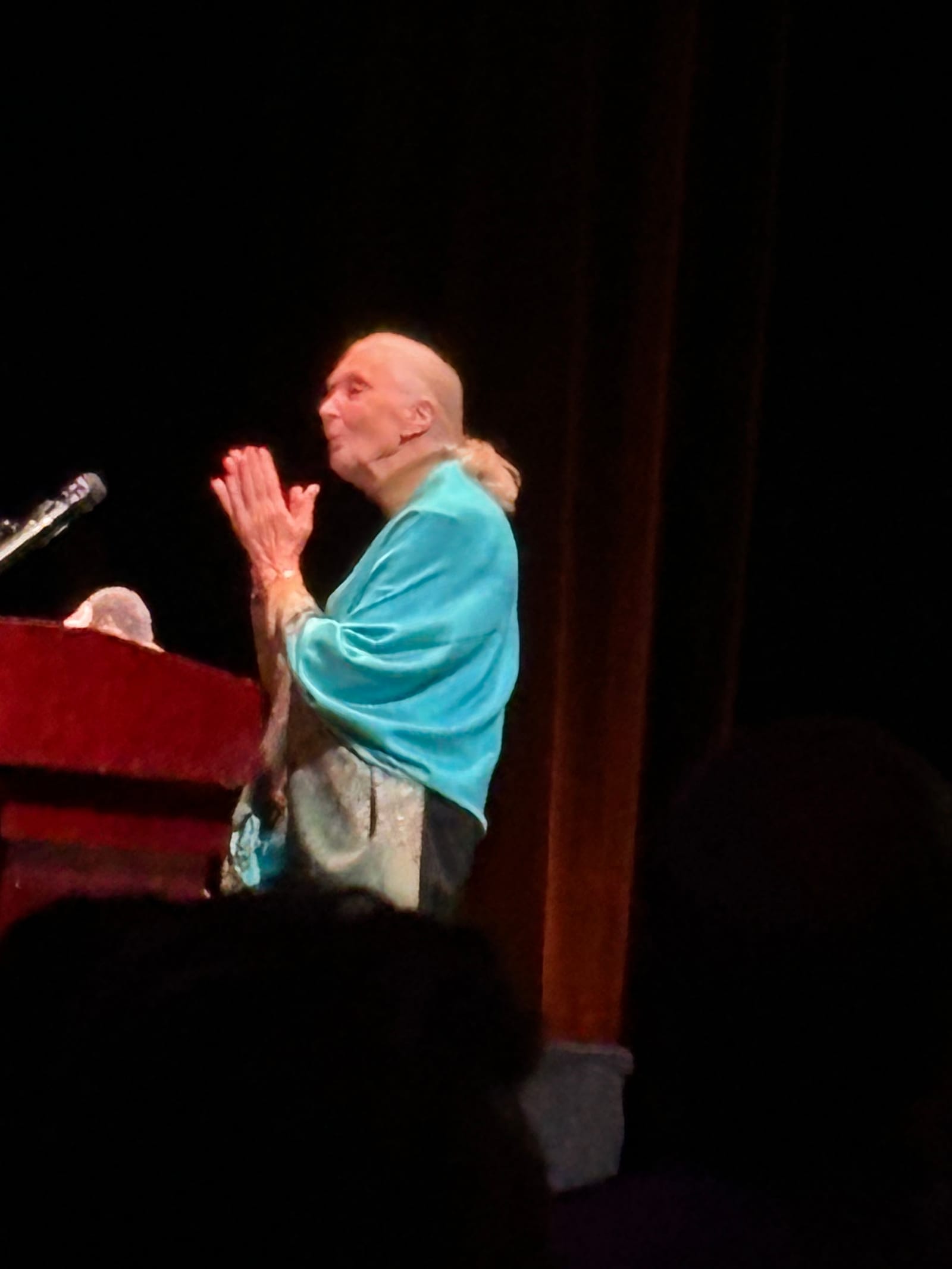
I wrote:
For decades, Jane Goodall’s work has shown us that we are all connected. The choices we do – or don’t – make, the things we say, the items we purchase, the food we eat, the way we behave (or misbehave) all of it impacts someone or something somewhere else on the globe. If we know this, then perhaps, as she suggests, we should approach our decisions in a way where heart and head are more aligned. That’s the sweet spot for unleashing the best in human potential. She knows mankind is capable of great things – like creating robots and sending rockets to Mars. She knows we are capable of solutions. And she is heartened by the youth who are standing up to make a difference in their communities. She chooses to focus on that and offer solutions for things that seem too hard and horrible to contemplate.
Reflecting on this the other day, I imagined Dr. Goodall in heaven, sighing deeply and wondering when certain people will start thinking about the impact their actions have on others. I also wondered whether the chimpanzees she studied had any lessons for us in this seemingly intractable moment. Perhaps they could show us all a kinder, gentler way, and then we could all eat ants and climb trees together. Yes, I was looking for hope among the tool-bearing apes.
I wish to God I had not gone down this rabbit hole, because I learned that even chimpanzees know things get worse before they get better. From 1974-1978 Dr. Goodall was horrified when two communities of chimpanzees engaged in a bloody war with each other in the Gombe Stream National Park. These chimps were once part of a larger community, but then splintered into two distinct groups – one in the north, the other in the south – that began spending less and less time with each other. We all know what happens when we don't communicate. There are misunderstandings. There are arguments. There are hurt feelings. There is anxiety about what could be coming next, and whether it is coming at all. Across the board, things just get tense.
Here's how this played out with the chimpanzees: When the alpha chimp in the northern group died, a new monkey named Humphrey stepped in to take his place. The southern chimps, led by a pair of brothers named Hugh and Charlie, wanted to challenge Humphrey's hold on power. Both sides dug in. Then all hell broke loose. On January 7, 1974, six of the northern males ambushed and killed a southern male who was eating alone. For the next four years, the northern chimps killed every male and some of the females in the southern group, and took control of the stragglers and their territory. At this point in the lore, I began wondering whether modern day humans have been closely studying the chimpanzee war playbook .
Still, I continued to read.
The good news is that neighboring chimpanzee communities were not having any of this crew's manifest destiny, so they fought back. Eventually, the northern community collapsed and order was restored. Goodall, who originally believed these animals were nicer than humans, was now forced to accept that maybe they, too, could be giant assholes (my words, not hers).
She wrote:
For several years I struggled to come to terms with this new knowledge. Often when I woke in the night, horrific pictures sprang unbidden to my mind—Satan [one of the apes], cupping his hand below Sniff's chin to drink the blood that welled from a great wound on his face; old Rodolf, usually so benign, standing upright to hurl a four-pound [1.8 kg] rock at Godi's prostrate body; Jomeo tearing a strip of skin from Dé's thigh; Figan, charging and hitting, again and again, the stricken, quivering body of Goliath, one of his childhood heroes.
Goodall had seen these chimps travel together, eat together, grow up together, and play with each other. No one believed they could – or would – go to war with each other, but Goodall witnessed it, much to her chagrin. It was an alarming discovery that inspired the poem "The First Civil War in Gombe 1974-1978" which concludes with the line "still, I don't understand, were these chimps so human, or are we such animals?"
The question is every bit as relevant today.
At any rate, I hope you're all well, protecting your peace, and doing what you can to bring a little lightness and goodness to the world. Some of you sent me some GREAT jury duty stories this past week. They really made me giggle, so thank you for that.
And thank you for being here. I hope you have a great weekend ahead.
XO,
Paige
Writing prompt: Is there any new knowledge you've struggled to come to terms with? If so, what is it and in what ways does it contradict whatever you've held to be true before?
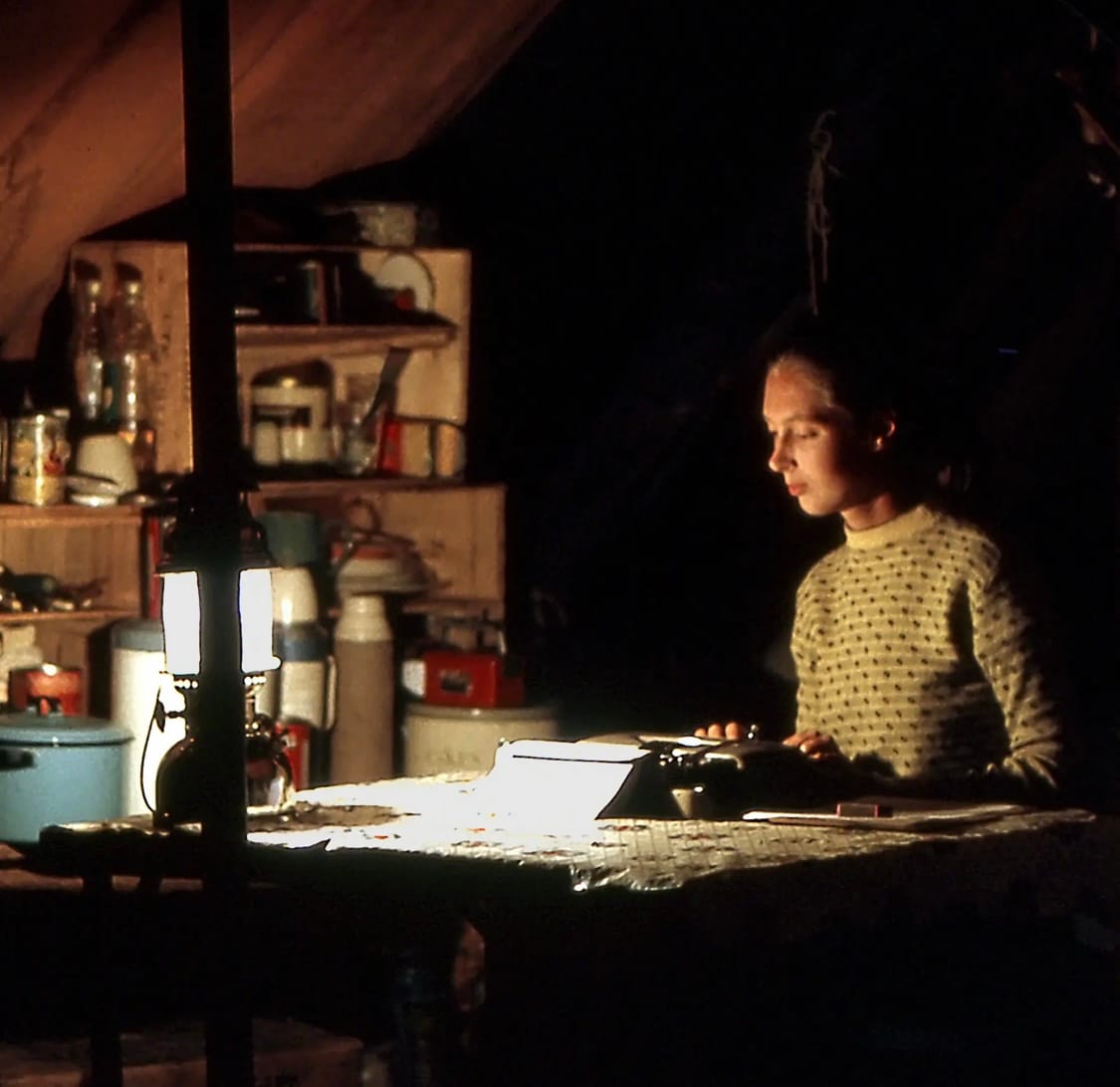
When I look back over my life it's almost as if there was a plan laid out for me – from the little girl who was so passionate about animals who longed to go to Africa and whose family couldn't afford to put her through college. Everyone laughed at my dreams. I was supposed to be a secretary in Bournemouth.
-- Jane Goodall
Endnotes
The Anthropic Settlement
Last month, a judge ruled that Anthropic, an company that used countless books without permission to train its AI models, must pay $1.5 billion to settle a copyright infringement lawsuit brought by a group of authors. Andrea Bartz, one of the authors leading the fight against Anthropic, wrote about the experience of suing a $183 billion company and winning in The New York Times this week. I'm grateful to Bartz for fighting for authors like me, and hopeful that this will send a signal to these stupid AI companies (and others) that stealing is wrong and bad, and when you get caught, there will be consequences. So there.
A book with some there there
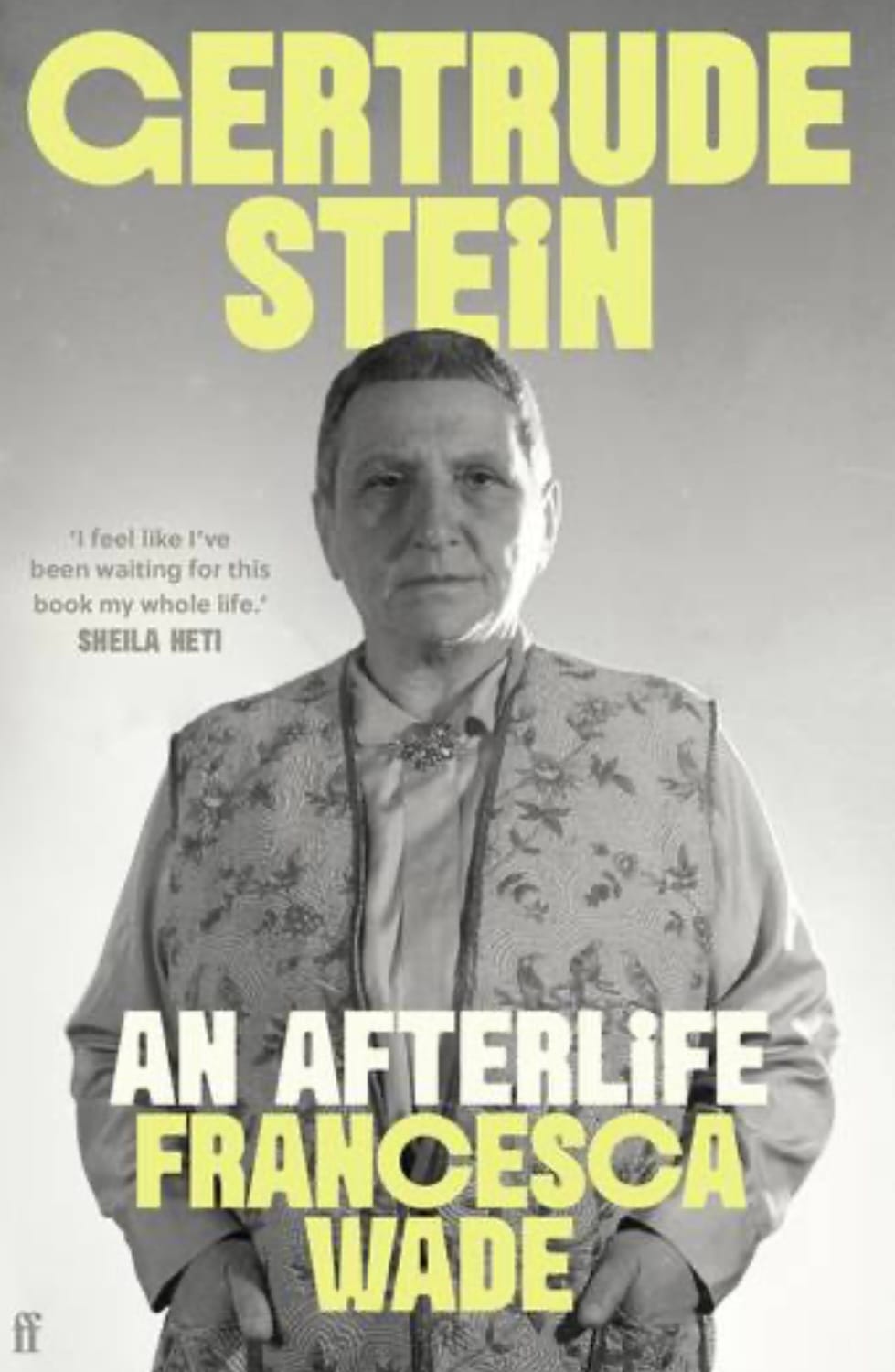
About a month ago, I picked up a signed copy of Francesca Wade's Gertrude Stein: An Afterlife, which comes out in the United States next week. Stein is one of these interesting figures who nurtured writers and artists who became icons of the 1920s. But she had her own writerly aspirations that perhaps didn't come to fruition in the way she had hoped. So far, I can say Wade's exploration of Stein's life and times is evocative and engrossing, a novelistic account of one of history's larger-than-life characters, and a dissection of the myth she created around and about herself.
Speaking of personal myths
LSU lost to Ole Miss last week, and it only compounded my belief that I would be happier if Lane Kiffin was the next head coach of the Tigers. I figure University of Florida will get to him first because it will cost LSU way too much to buy out Brian Kelly's contract. In a snit because we're stuck with this walking, talking brain fart, I watched "E:60 The Many Lives of Lane Kiffin" this week on ESPN to see whether the grass was greener on the other side. And you know what, I actually didn't even need to watch it to know that the answer is yes.
Where I hope you'll donate this week
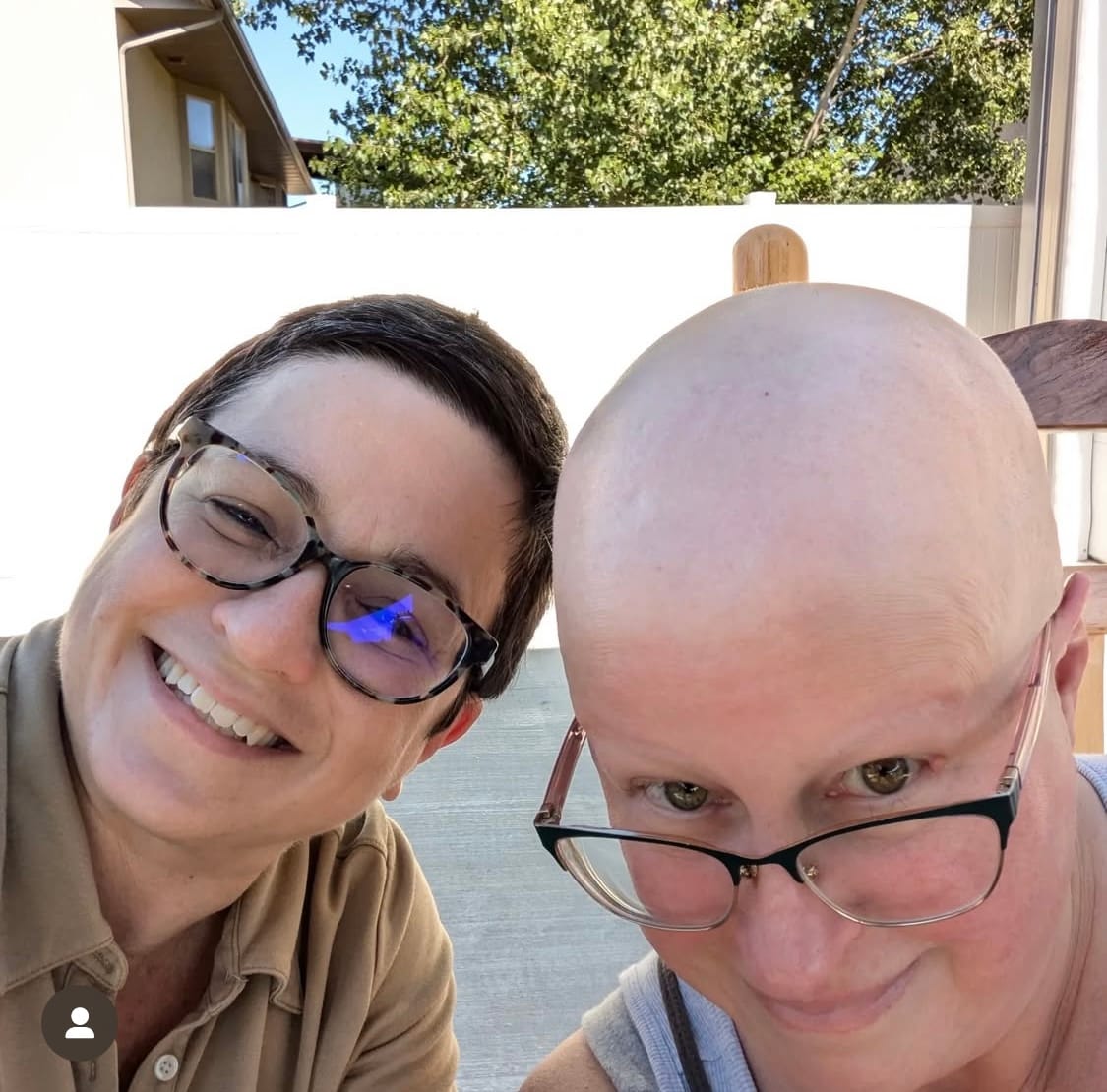
October is Breast Cancer Awareness Month, and if there's anything I've been hyperaware of for the past couple of years it is breast cancer, which has impacted a handful of people very near and dear to me. One in eight women will be diagnosed with breast cancer in her lifetime, but improvements in detection and treatment have led to a decline in deaths from the disease. One of the groups that has been at the forefront of providing support and breakthrough research is Susan G. Komen, and I hope you'll consider making a gift to them in my sister Katherine Warren's name. Thank you.
Paige Bowers Newsletter
Join the newsletter to receive the latest updates in your inbox.

